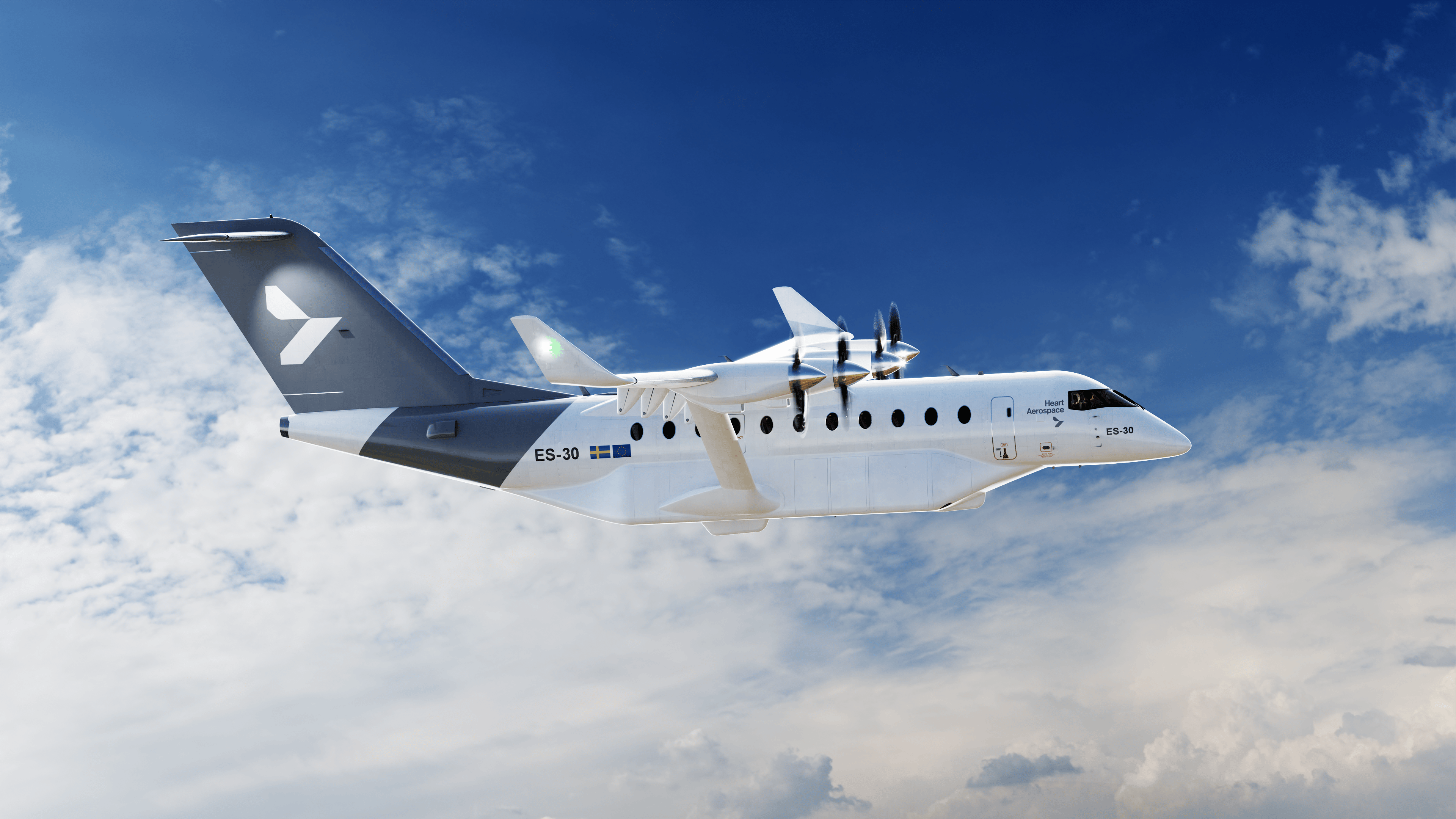Ultra-short-haul flights, defined as routes lasting under thirty minutes, represent a unique segment in the aviation industry with distinct challenges and opportunities, particularly in terms of sustainability. These flights are typically regional or commuter services connecting nearby cities or towns, offering a convenient and time-saving alternative to ground transportation.
One of the key advantages of ultra-short-haul flights is their ability to reduce travel time significantly compared to other modes of transport. For busy professionals, this means more time for meetings or relaxation, enhancing productivity and convenience. Additionally, these flights can serve as feeder routes to larger airports, facilitating connectivity for passengers traveling to long-haul destinations.

However, the environmental impact of ultra-short-haul flights is a concern, as they often have a higher emissions per passenger-mile compared to longer flights. To address this, the aviation industry must think of new ideas or be forced to close these routes. One approach is the development of electric and hybrid propulsion technologies for small aircraft, which could significantly reduce emissions and noise levels. Another approach is the use of sustainable aviation fuels (SAFs), which are produced from renewable sources and have the potential to reduce carbon emissions.
In conclusion, while ultra-short-haul flights offer many benefits in terms of convenience and connectivity, addressing their environmental impact is crucial. By investing in sustainable technologies and practices, the aviation industry can ensure that ultra-short-haul flights remain a viable and eco-friendly mode of transportation in the future.

lm8p55